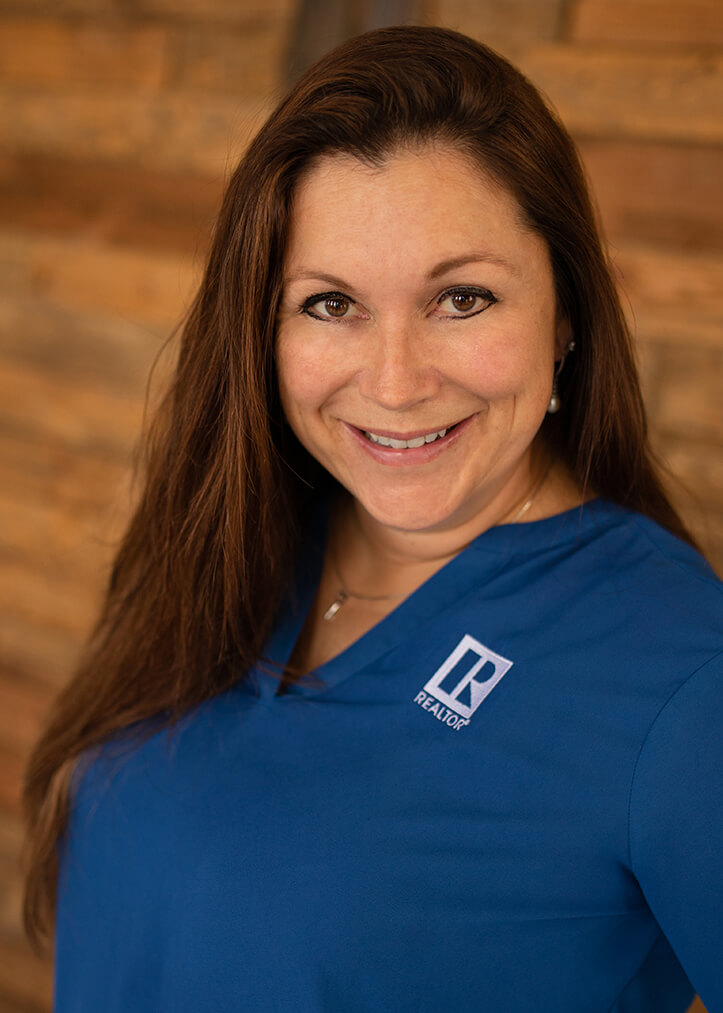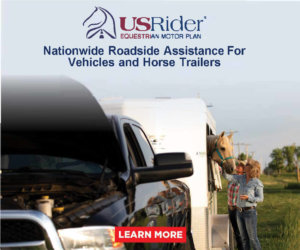Real estate values in the Northwest have appreciated in recent years, and with that comes an increase in desire for folks to get their real estate license. Whether friends, clients, or acquaintances, this is a conversation I often have, so I thought that many of you might also be considering the notion. Here are the steps that are needed to go from prospective agent to licensed professional.
Schooling
Prior to testing for a real estate license, there are 90 hours of education required, broken into 60 hours of national content and 30 hours on state-specific content. Some states require in-person education, but the trend has been towards online schooling. Each state has schools/courses that are approved, and those can be found through the state’s Department of Licensing. Online schools offer all the same content, but some are more thoughtful in their presentation, and offer more practice tests than others.
The topics of study range from knowledge of land use, terminology, and history of legislation to computation of timelines, real estate math, and state and national regulations. It’s a cursory view of a wide range of necessary knowledge prior to becoming a licensed professional.
Testing
Most states require a 70% score on both portions of the test (national and state) to pass. Tests are taken at a testing center, on a computer, within a time limit. Results are immediate once the testing is complete. In Washington, when the test is passed, a percentage is not provided. If one or both of the tests are failed, a report is provided with the different categories and the correlated percentages so those areas can be focused on. In most states only the failed portion of the test must be retaken.
Licensing and Regulatory Agencies
Upon passing the test, the next step is to send the passing result to the Department of Licensing (DOL) with the appropriate fee. In most states there are two overarching regulatory agencies, the Department of Licensing and the local Multiple Listing Service. The DOL is the umbrella under which the MLS operates. The MLS will be the vehicle for inputting listings and searching for properties and is what populates search engines such as Zillow and Redfin. The MLS also heavily regulates what members can and cannot do during the commission of real estate activity.
REALTOR® Designation
The National Association of REALTORS® (NAR) was founded on May 12, 1908 and has state and local branches. The REALTOR® Code of Ethics each agent must abide by sets a higher standard for professional activity. REALTORS® advocate on behalf of their members, clients and communities. Dues paid help to support the industry at national, state and local levels, and the NAR provides an immense amount of benefits and support to members. Not all brokerages are REALTOR® members, and I would personally only be affiliated with a REALTOR® brokerage.
Choosing a Brokerage
There are many factors that go into choosing the right fit for a brokerage. To begin practicing real estate, the DOL license must hang under a licensed Real Estate Brokerage. For two years the managing broker must oversee all activity. Most companies tout new agent training, but I have found that often falls short on delivery. Much of the necessary training for systems and forms comes through the MLS.
There are varying models for fees and commission splits. I would focus less on the money spent and lean more towards a company with a great reputation, and then find someone to shadow. Just like horse training, the best education comes from experience, and that is hard earned. Find an agent that is ethical and successful and ask to assist them—for free if need be. With more time in the industry, it will be clear the differences in brokerages and what style will be the right fit.
Business Model
Real Estate professionals are 1099/self-employed. It is crucial to put together a business plan, budget for expenses, and save for paying taxes. Consult with a tax professional to make sure the business is set up for success.
Becoming licensed is the easiest piece of the puzzle and only a small percentage of real estate professionals make it to their second year. Next month I will pull back the curtains and talk about the pros and cons of a career in real estate.
Published in the September 2020 Issue:

Allison Trimble is a Realtor® specializing in equestrian properties, farm and ranch properties, and residential real estate. She’s a former horse trainer, and a current owner, breeder, and non-pro competitor in cow horse and reining events. For many years, Allison wrote a monthly column for The Northwest Horse Source.
Learn more at www.allisonblakerealestate.com






